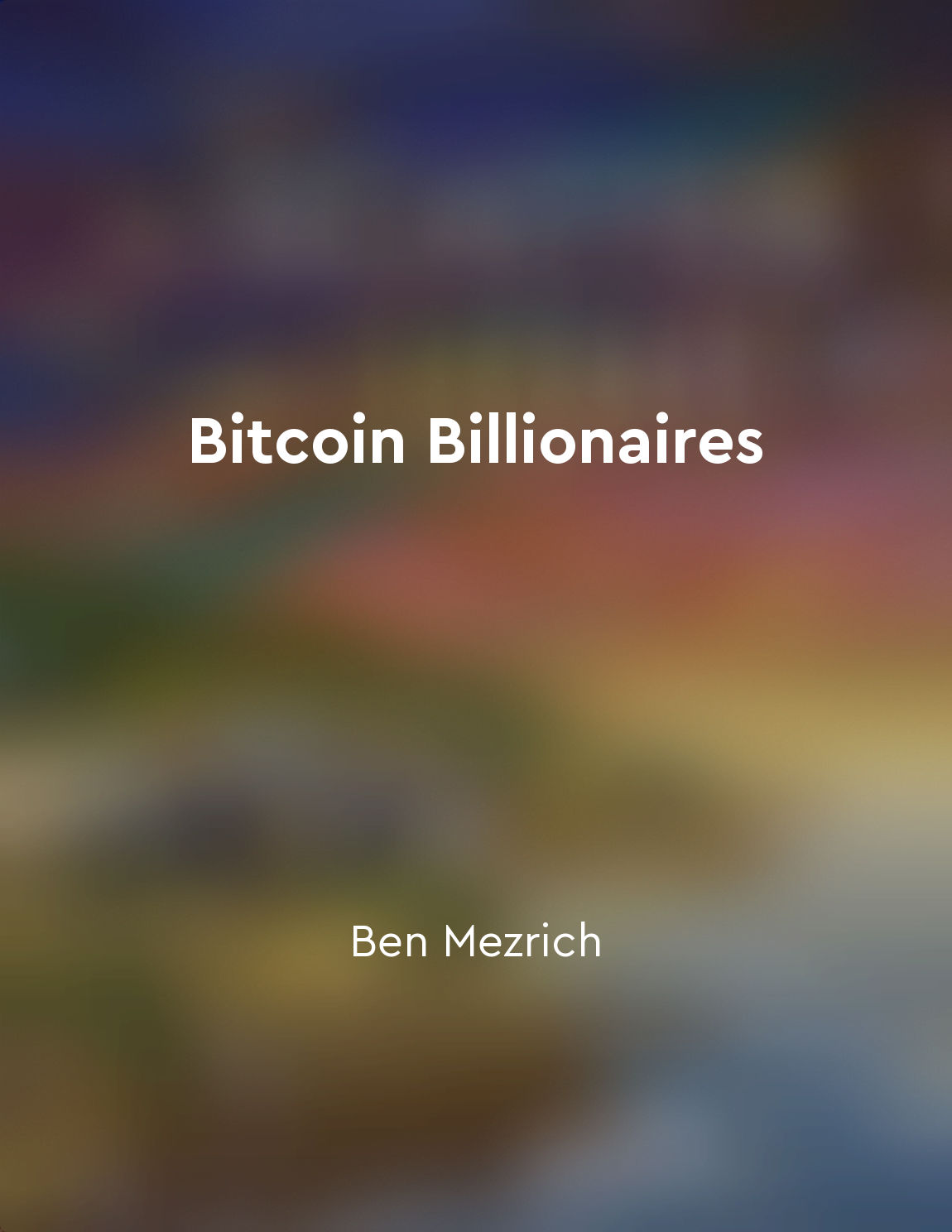Audio available in app
Regulatory challenges facing the cryptoasset industry from "summary" of Cryptoassets: The Innovative Investor's Guide to Bitcoin and Beyond by Chris Burniske,Jack Tatar
Regulatory challenges represent a significant hurdle for the cryptoasset industry. One of the fundamental issues is the lack of consensus among regulators worldwide on how to classify and regulate cryptoassets. While some countries have embraced these new digital assets, others have taken a more cautious approach, leading to a fragmented regulatory landscape. Moreover, the rapid evolution of the cryptoasset industry poses a challenge for regulators trying to keep up with the pace of innovation. Traditional regulatory frameworks may not be well-suited to address the unique characteristics of cryptoassets, such as decentralization and anonymity. As a result, regulators are faced with the difficult task of striking a balance between fostering innovation and protecting investors. Another regulatory challenge facing the cryptoasset industry is the prevalence of fraudulent schemes and scams. The pseudonymous nature of transactions in the cryptocurrency space makes it difficult for regulators to track down bad actors and hold them accountable. This lack of oversight has led to a number of high-profile incidents, damaging the reputation of the industry as a whole. Furthermore, the global nature of the cryptoasset market presents challenges for regulators seeking to enforce compliance across borders. In a decentralized system, where transactions can occur across international boundaries with ease, coordinating regulatory efforts becomes a complex and time-consuming process. This lack of harmonization can create loopholes that bad actors can exploit to evade detection and prosecution.- Regulatory challenges are a significant obstacle that the cryptoasset industry must overcome in order to reach its full potential. By working together with regulators to develop clear and effective guidelines, the industry can build trust and legitimacy, paving the way for widespread adoption and mainstream acceptance. Only through collaboration and cooperation can the cryptoasset industry navigate the complex regulatory landscape and emerge stronger and more resilient in the long run.
Similar Posts

There is no limit to fiat money creation
In the fiat standard, governments have the power to create money out of thin air, unconstrained by any physical limitations. Th...
The Internet of Value is enabled by blockchain
The internet has transformed the way we exchange information and communicate with one another. However, when it comes to transf...
The impact of blockchain on financial services
The impact of blockchain on financial services is profound. It has the potential to revolutionize how financial transactions ar...

Development of alternative cryptocurrencies
In the early days of Bitcoin, as the idea of a digital, decentralized currency began to take hold, a wave of new cryptocurrenci...

Attract attention from media and investors
The Winklevoss twins knew that in order to succeed in the world of cryptocurrency, they needed to attract attention from media ...
Evolution of Bitcoin technology
Bitcoin technology has undergone significant evolution since its inception in 2009. The first version of Bitcoin was released b...

